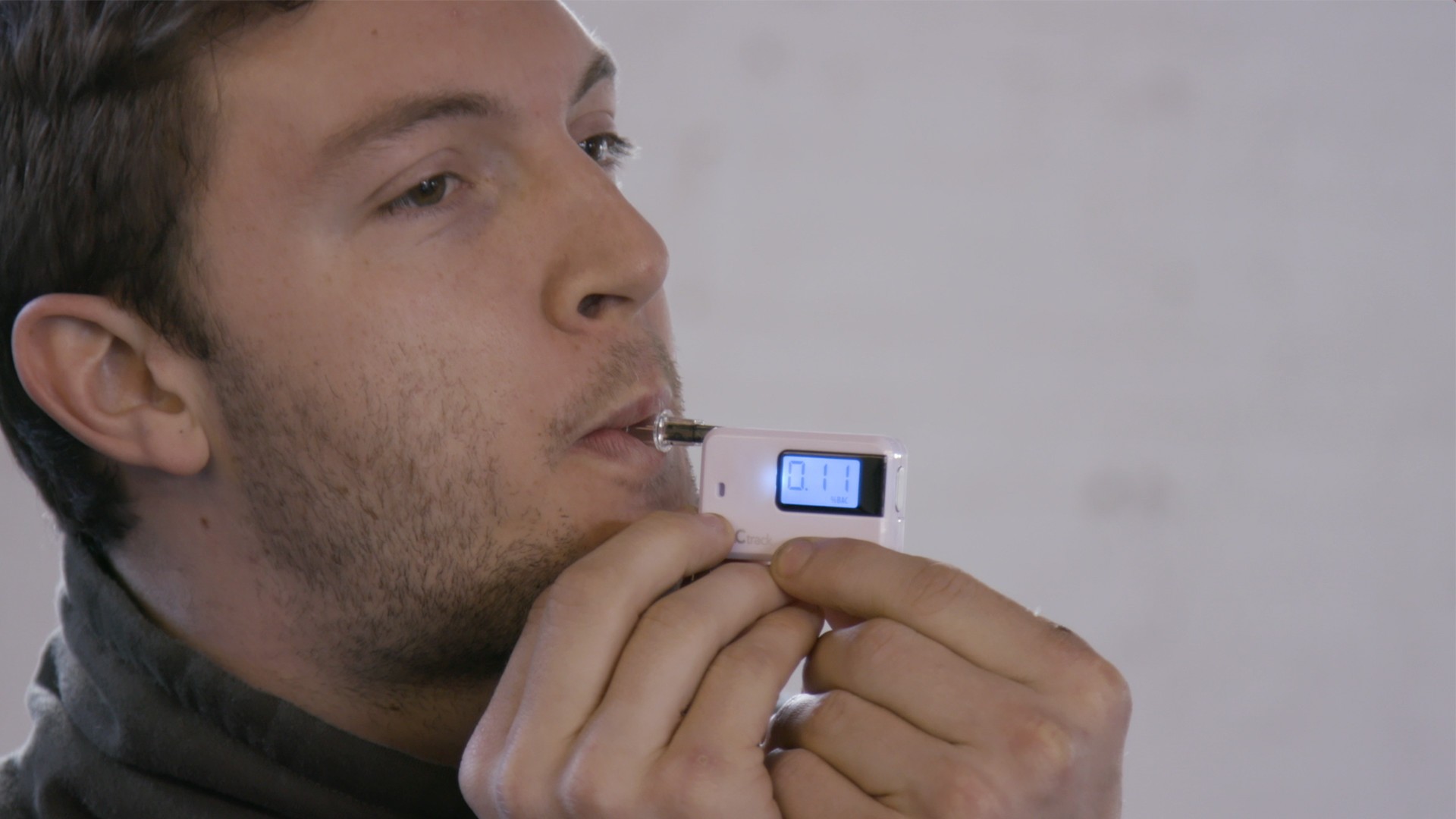Kayla Snell/Stocksy; John Kaprielian/Getty Images
If you’re taking antibiotics, your body is struggling to fight off something. No doctor is going to tell you to go out drinking—your immune system already has enough going on without you washing down your course of pills with a few pints. But can you really not drink at all?Let’s just say alcohol isn't great when you’re feeling sick or have some sort of infection. “Alcohol is a toxin, and it can decrease the immune system’s response and ability to fight off an infection maximally,” says Ted Epperly, an Idaho-based physician and former president of the American Academy of Family Physicians.And while avoiding alcohol is a prudent, common-sense approach if you’re on antibiotics, there’s not much hard science showing that booze can interfere with the way these medications work.“This is one of those scenarios where we all just assume you’re not supposed to drink,” says Aaron White, a senior scientific advisor with the National Institute on Alcohol Abuse and Alcoholism. “But when you stop and look at the evidence, it’s really not cut and dry.” No pun intended.White says there’s no question that drinking alcohol can worsen some of the possible side effects of taking antibiotics—stuff like upset stomach, diarrhea, and fatigue. The reverse is also true; if you drink so much that you experience negative consequences—nausea, headaches, and everything else you associate with a hangover—antibiotics could potentially worsen those symptoms. “The body only has so many ways that it can say it’s not happy,” White says. “So alcohol and antibiotics can have a lot of overlapping negative effects.”
Watch More from VICE:
But those caveats aside, booze won’t disrupt the way your antibiotics work, says Andrew McLachlan, a professor of pharmacy at the University of Sydney in Australia. “The reality is that alcohol and antibiotics don’t interact,” he says.McLachlan says it’s always smart to be cautious when mixing medications with alcohol. But if you’re worried that one or two drinks will blunt or counteract the benefits of your antibiotics, he says that’s “a myth.”White isn’t willing to go quite as far as McLachlan, but he emphasizes the lack of research in this area. “From a scientific standpoint, there’s just not a lot of evidence that alcohol at moderate levels acts in any way on antibiotics,” he says.Note the word “moderate” in his statement. White says alcoholism could influence the absorption, distribution, and metabolism of prescription drugs, which could make them less effective. He also says there are many different types of antibiotics, and so it’s hard to make blanket statements about them.White uses an antibiotic called metronidazole (brand name Flagyl) as an example. When combined with booze, metronidazole could theoretically cause an overabundance of an alcohol byproduct called acetaldehyde. “If acetaldehyde builds up, you can get a flushing response, nausea, redness, and discomfort,” he says. “But whether metronidazole really causes this to happen in the real world—or how common it is—is unknown.” (He mentions one metronidazole study that failed to find an increase in acetaldehyde among young drinkers.)
Advertisement
Watch More from VICE:

But those caveats aside, booze won’t disrupt the way your antibiotics work, says Andrew McLachlan, a professor of pharmacy at the University of Sydney in Australia. “The reality is that alcohol and antibiotics don’t interact,” he says.McLachlan says it’s always smart to be cautious when mixing medications with alcohol. But if you’re worried that one or two drinks will blunt or counteract the benefits of your antibiotics, he says that’s “a myth.”
Advertisement
Still, mixing ANY medication with alcohol could have side effects. And there are some antibiotics, including metronidazole and tinidazole, that may be more likely to have side effects when combined with booze. Those side-effects could include vomiting, which, if you've recently swallowed your antibiotic, could mess with its effectiveness. But puking aside, if you're worried that having a drink or two will make your antibiotic stop working, you can rest easy.What are you supposed to do with all this contradictory or incomplete information? White recommends airing on the side of caution. If you can abstain from alcohol while you’re on antibiotics, do that. But if you feel good—maybe your symptoms are improving or you have an infection like a UTI that didn’t affect your normal routine—you can probably have a drink or two without worrying. “We're really lacking evidence that alcohol and antibiotic interactions are a significant concern,” he says.Epperly agrees, and says you’d probably have to knock back four or more drinks for there to be a “clinical effect”—like a worsening of symptoms.Whatever you do, don't skip your antibiotic just because you’ve had some alcohol. Antibiotics only work if you take them exactly as prescribed—if you miss doses, your infection could come roaring back stronger than ever, White says. That scenario may also require a more potent, symptom-inducing antibiotic the second time around, and then you might have zero desire to hit happy hour.Sign up for our newsletter to get the best of Tonic delivered to your inbox weekly.